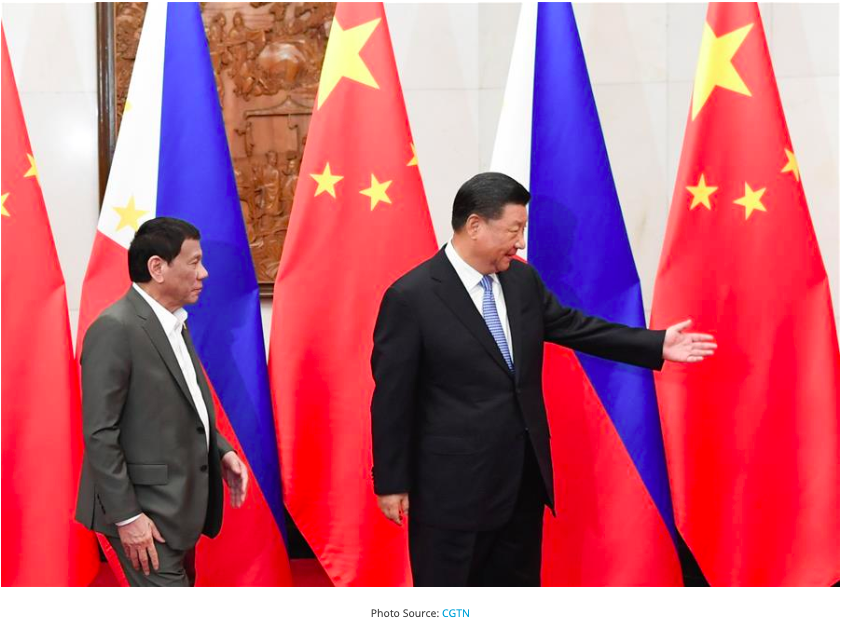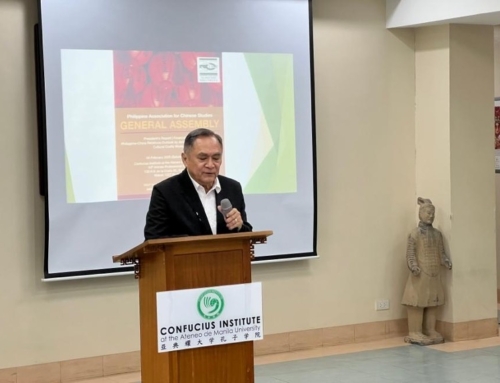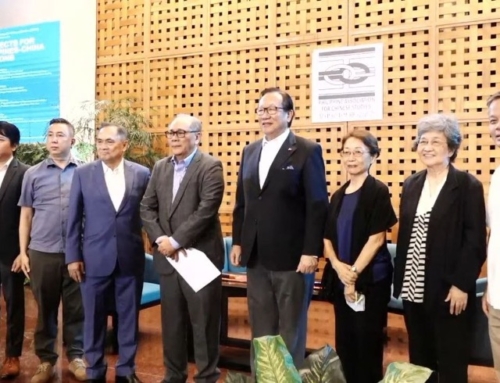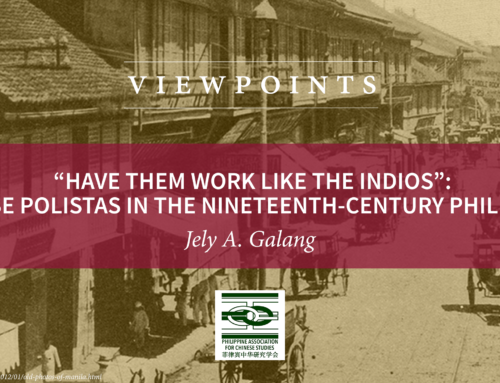Skip to content
Economics and security agenda in Duterte’s fifth China visit
Economics and security issues are on the agenda of President Rodrigo Duterte’s fifth visit to Beijing. The number of visits he has made thus far is indicative of the importance he attaches to the burgeoning bilateral relations.
China has become the Philippines’ largest trade partner since 2016, its largest investor last year and is expected to be the country’s largest inbound tourism market this year.
China is also becoming an important partner in developing the Philippines’ infrastructure. This said, territorial and maritime disputes continue to haunt ties and cross-border crimes, like drug trafficking, fraud and money laundering, raise the salience of police cooperation.
On the economic front, Philippine agricultural exports, such as bananas and other tropical fruits, gained greater market access to China. However, domestic production is hampered by the lack of scale due to constraints in the purchase of land and inefficient farming practices.
China has been supporting a hybrid rice center at the Central Luzon State University in the country’s main island. Mechanization, agro-industry processing, packaging and value-added agri-product diversification represent areas for future cooperation.
Manufacturing is another area that can receive fresh impetus from improved ties. As Manila intends to create new economic zones to spread out development, Chinese companies escaping the increasing production costs in the Chinese mainland and the effects of the trade dispute with the U.S. may consider relocating to the Philippines.
The establishment of a large steel mill in Mindanao and the industrial park in Clark or other suitable areas will generate local revenue, jobs, facilitate skills and technology transfer.
In the case of the steel plant, it may give the Philippines self-sufficiency or even allow it to export this critical commodity. Steel is a key ingredient for infrastructure with substantial supply imported from abroad. Hence, this investment would surely help to implement the country’s infrastructure projects. Addressing its infra and logistical woes will tremendously improve the country’s competitiveness relative to other ASEAN peers and make it more attractive to foreign capital. Improved technology can lessen pollution associated with these heavy industries. Read more…
PACS2019-10-18T10:44:48+00:00
Share This Story, Choose Your Platform!





